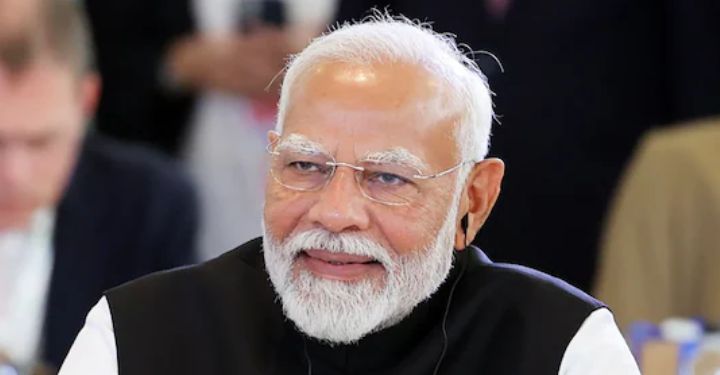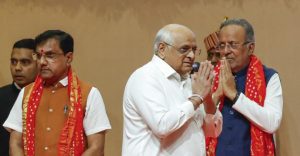Prime Minister Narendra Modi will participate in the 2025 G7 Summit in Kananaskis, Canada, from June 15 to 17, representing not only India but also the broader interests of the Global South. Modi’s attendance, at the invitation of Canadian Prime Minister Mark Carney, underscores a deepening recognition of India’s pivotal role in shaping global conversations around equity, sustainability, and digital transformation.
The G7—comprised of seven of the world’s leading industrialized democracies—has traditionally focused its discussions internally. However, recent years have seen the group expand its outreach to major non-member nations. India has emerged as a consistent guest, bringing valuable insight from the world’s largest democracy and one of its fastest-growing economies.
This year’s summit comes at a time of rising economic inequality, geopolitical instability, and environmental crisis. As such, Modi’s participation is expected to place emphasis on issues that disproportionately affect developing countries, such as access to green technology, vaccine equity, affordable financing, and fair trade rules.
“In a fragmented world, India stands as a bridge-builder,” said External Affairs Minister Dr. S. Jaishankar. “Our approach to the G7 will be rooted in fairness, inclusivity, and sustainable development.”
One of the key themes Modi is likely to raise is the empowerment of the Global South—a collective term for low- and middle-income nations across Asia, Africa, and Latin America. Modi is expected to advocate for reform in global financial institutions to better reflect today’s multipolar world and address the systemic disadvantages faced by developing countries.
The G7 Summit’s setting in Kananaskis—an isolated mountain resort in the heart of the Canadian Rockies—offers leaders a retreat-style atmosphere to foster candid discussions. Logistics are tightly controlled, and preparations for high-level bilateral meetings are underway. Modi is expected to meet several G7 leaders to strengthen India’s partnerships on climate, security, and technology.
India’s experience in deploying scalable digital solutions for governance, payments, and public health will be part of broader discussions on inclusive technological growth. Several G7 nations have expressed interest in India’s Digital Public Infrastructure (DPI) model, which promotes secure, open-source platforms for citizen access to services.
Beyond technology, India’s renewable energy push will also be in the spotlight. With its ambitious targets for solar, wind, and hydrogen adoption, India offers a powerful example of how developing countries can pursue green growth despite limited historical emissions and resource constraints.
Experts say that Modi’s message will likely challenge G7 leaders to look beyond GDP and military strength, and instead consider metrics like human development, digital literacy, and climate vulnerability. “India brings moral authority to the G7 table,” noted economist Dr. Leela Fernandes. “It insists that prosperity must be shared, and that the benefits of globalization must reach those who have been left behind.”
The 2025 G7 Summit is shaping up to be a defining moment for international cooperation. With Modi championing the voice of the Global South, the summit may move closer to policies that are not only effective, but also equitable.





More Stories
Stranded Before the Festival: Air India Flight Cancellation Leaves Dozens in Milan Without a Way Home for Deepavali
Massive Gujarat Cabinet Overhaul: Harsh Sanghavi Promoted, Rivaba Jadeja Makes Political Debut
India Rejects Trump’s Statement on Russian Oil, Reaffirms Energy Sovereignty